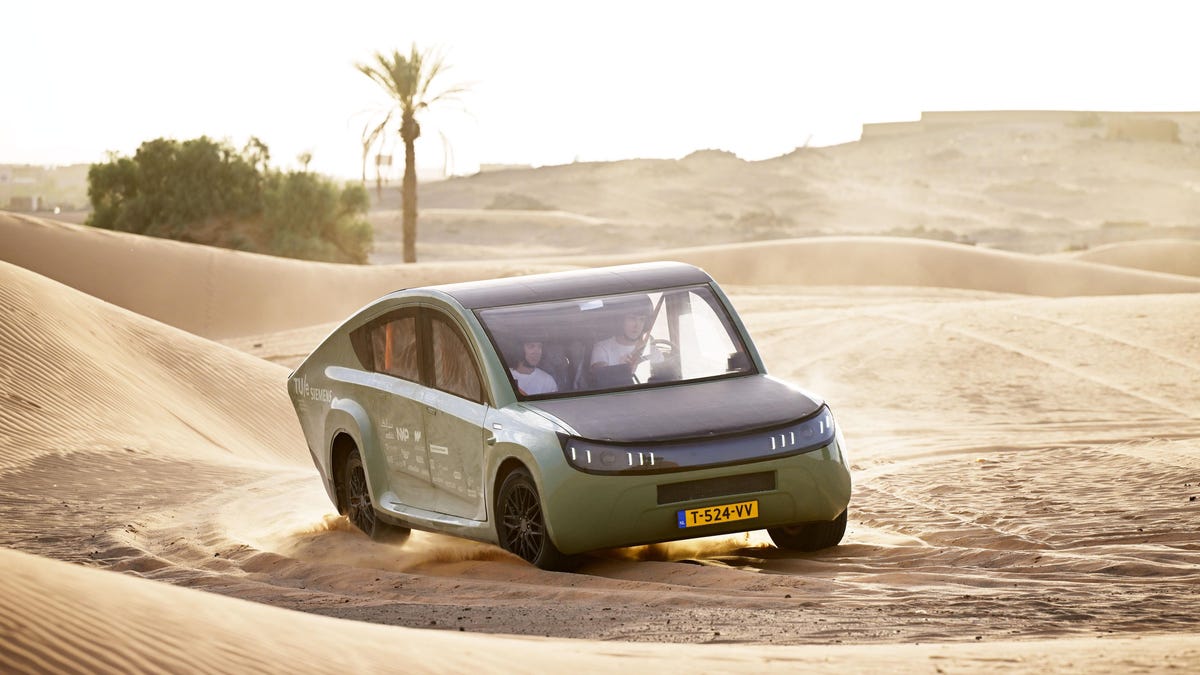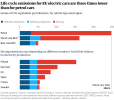What exactly are the benefits of an EV?
I’m pretty clear on the downsides:
- Inability to get in one’s car and travel meaningful distance without a plan
- Needing to fit a charging point at home
- Garages no longer wanting them as trade-ins
- Human rights issues around children forced to dig-out cobalt with their bare hands
- Five figure sums to replace batteries
- Massive queues at charging points
- Taking ages to refuel your car
- A general shortage of charging points
- Domestic electricity being expensive
- Rapid technology advances rendering one’s purchase obsolete sooner
- Higher upfront cost
- Damage to the environment of manufacturing them
- Battery lifespan
- Lack of specialist mechanics to fix them resulting in high maintenance costs
Electric vehicles are a joke and some form of mania where zealots insist on telling you how great they are. They remain ridiculous for the reasons outlined above. It’s classic marketing spoof where we’re being fed a silly narrative to sell us something that’s rubbish compared to the incumbent product, the combustion engined vehicle.
What exactly are the benefits of an EV? You don't have most of the downsides of an ICE.
I’m pretty clear on the downsides:
You don't seem that well informed tbh. If it doesn't suit that's ok. I have no interest in a 4x4..
- Inability to get in one’s car and travel meaningful distance without a plan
ICE cars using maps and GPS. Seems like ICE drivers need to plan any meaningful distance.
- Needing to fit a charging point at home
You can charge it from 3 pin. So nope.
- Garages no longer wanting them as trade-ins
That's only temporary since late 2023. It's not like saying no one was buying houses post crash in 2008.
- Human rights issues around children forced to dig-out cobalt with their bare hands
Same children mining material for ICE cars oil etc.
- Five figure sums to replace batteries
Batteries mostly last the lifetime of the car.
ICE cars get written off all the time as uneconomical to repair.
- Massive queues at charging points
Massive queues in petrol station stations at times.
- Taking ages to refuel your car
Mostly the car is fuelled overnight. Ice cars have to always go to a garage.
- A general shortage of charging points
Bet there's more chargers at home than domestic petrol pumps. Any 3 pin socket is a charging point.
- Domestic electricity being expensive
It's cheaper than fossil fuel
- Rapid technology advances rendering one’s purchase obsolete sooner.
If it gets you from A to B it's not obsolete.
- Higher upfront cost
Buy a cheap one, after it's depreciated.
- Damage to the environment of manufacturing them
No different to ICE cars and Oil.
- Battery lifespan
Lifetime of the car for the vast majority.
- Lack of specialist mechanics to fix them resulting in high maintenance costs
Actually the maintenance costs are vastly lower.





